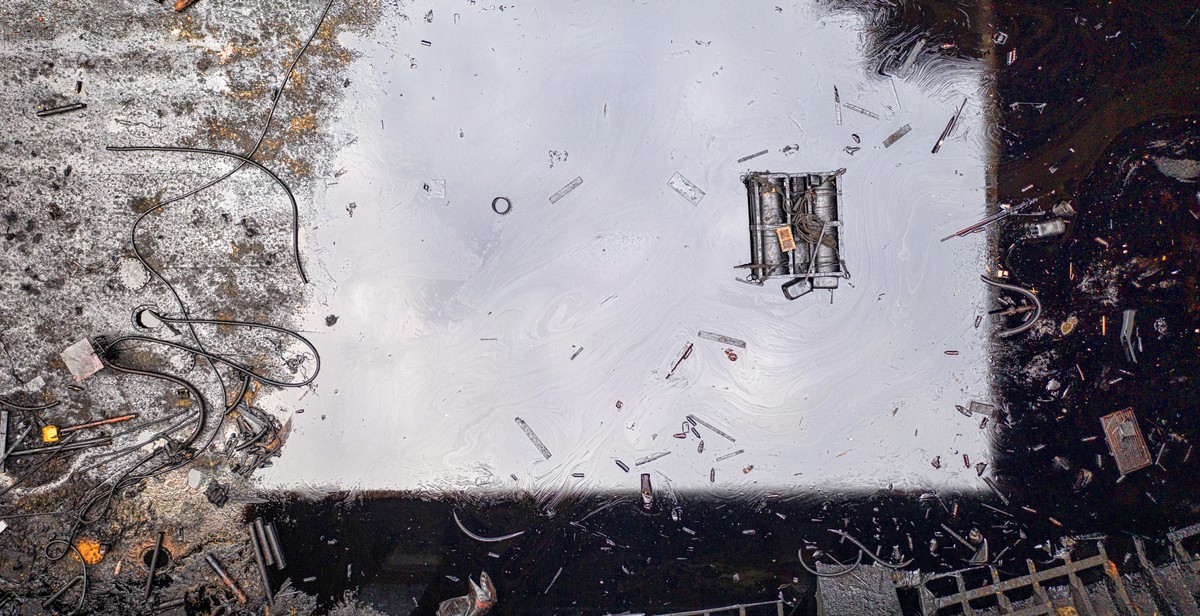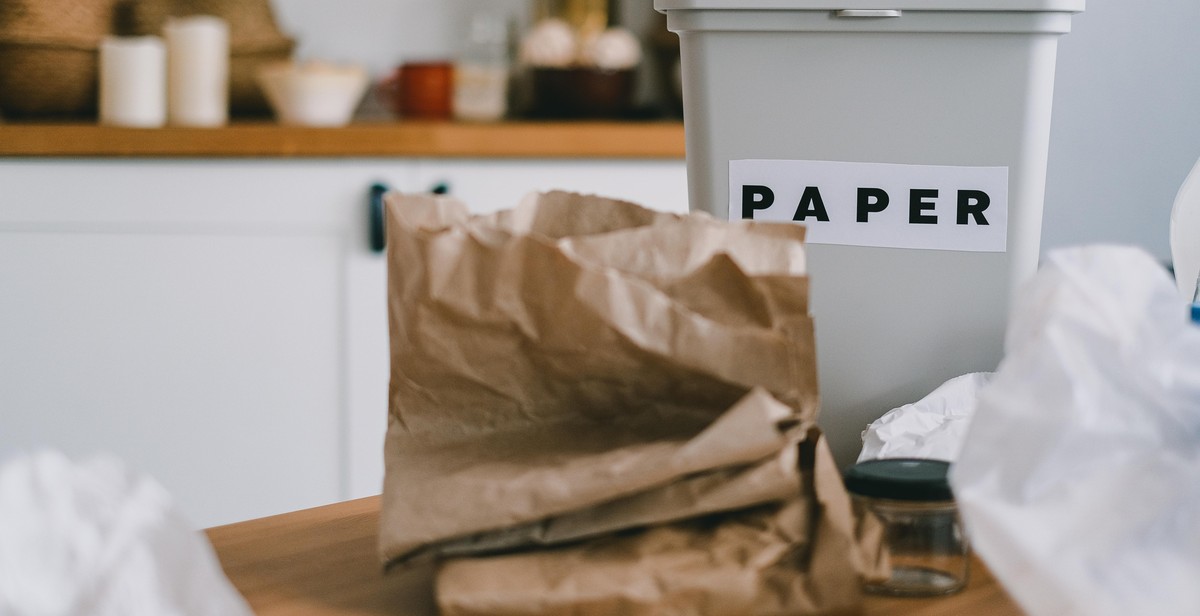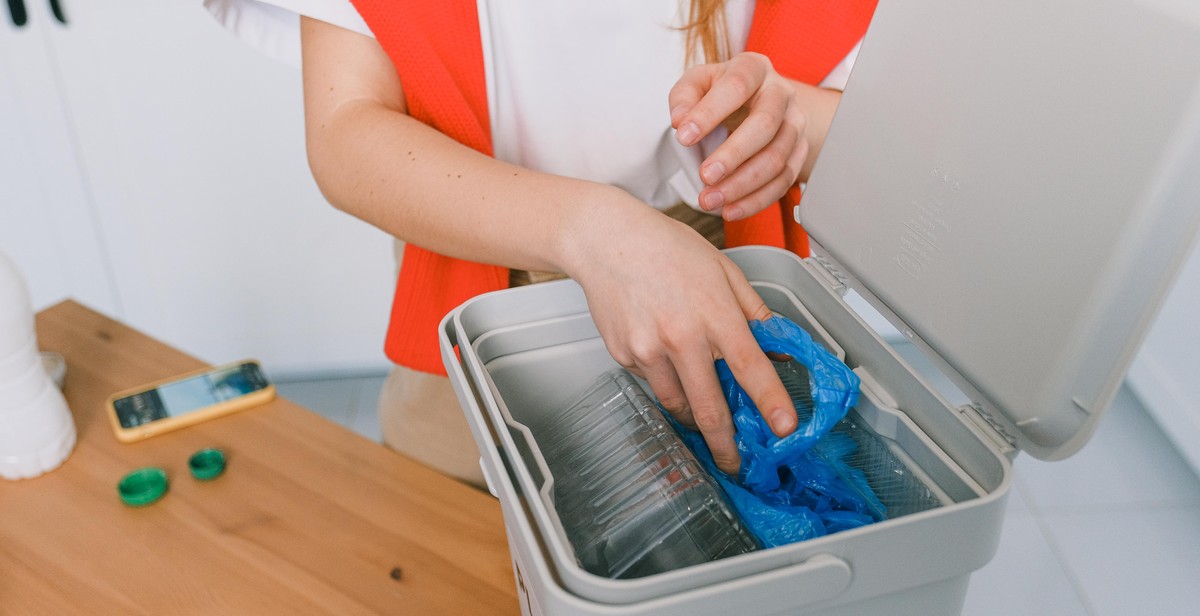How to Minimize Waste in Your Apartment: Recycling and Composting Tips
Living in an apartment can be a challenge when it comes to reducing waste. With limited space and resources, it can be difficult to know where to start. However, with a few simple tips and tricks, you can easily minimize waste in your apartment and make a positive impact on the environment.
Recycling Tips
Recycling is one of the easiest and most effective ways to minimize waste in your apartment. Here are some tips to help you get started:
- Find out what materials your local recycling program accepts
- Make sure to rinse and clean all recyclables before placing them in the bin
- Break down cardboard boxes to save space
- Consider setting up a recycling station in your apartment to make it easier to sort and store recyclables
Composting Tips
Composting is another great way to reduce waste in your apartment. Here are some tips to help you start composting:
- Choose a composting system that works for your space, such as a worm bin or a countertop composter
- Only compost food scraps that are safe for composting, such as fruits, vegetables, and coffee grounds
- Avoid composting meat, dairy, and oily foods, as they can attract pests and create unpleasant odors
- Use your compost to fertilize indoor plants or donate it to a local community garden
By following these simple recycling and composting tips, you can easily minimize waste in your apartment and make a positive impact on the environment.

Why is it important to minimize waste?
Waste management is a critical issue that affects the environment and the economy. It is essential to reduce waste generation and maximize resource efficiency to protect the environment and sustain economic growth. Here are some reasons why minimizing waste is crucial:
Environmental impact
Waste disposal has a significant impact on the environment. The accumulation of waste in landfills can lead to soil contamination and groundwater pollution. When waste breaks down, it releases methane, a potent greenhouse gas that contributes to climate change. Landfills also take up valuable land space that could be used for other purposes such as agriculture or housing. Additionally, improper disposal of hazardous waste can pose a risk to human health and the environment.
By minimizing waste, we can reduce the amount of waste sent to landfills, conserve natural resources, and mitigate the environmental impact of waste disposal. Recycling and composting are effective ways to minimize waste and reduce our environmental footprint.
Economic impact
Waste management also has a significant economic impact. The cost of waste disposal is high, and it continues to rise as landfills reach capacity and new waste management technologies are developed. The cost of waste disposal is passed on to consumers through taxes and fees, and it can also affect businesses’ bottom line.
Minimizing waste can save money by reducing the amount of waste sent to landfills and lowering waste disposal costs. Recycling and composting can also create jobs and stimulate economic growth by creating new markets for recycled materials and compost products.
Overall, minimizing waste is essential for protecting the environment and sustaining economic growth. By adopting sustainable waste management practices such as recycling and composting, we can reduce our environmental footprint and save money in the process.

Recycling Tips for Your Apartment
Recycling is an excellent way to minimize waste and be environmentally friendly. If you live in an apartment, it may seem challenging to recycle effectively, but it is possible. Here are some recycling tips to help you get started.
Know what can and cannot be recycled
One of the most important things to know when it comes to recycling is what can and cannot be recycled. Not everything can be recycled, and it is essential to know what items are recyclable in your area. Common items that can be recycled include paper, cardboard, plastic bottles, glass bottles, and aluminum cans. Items that cannot be recycled include plastic bags, food waste, and Styrofoam.
Find out where to recycle in your area
Once you know what items can be recycled, the next step is to find out where to recycle them. Check with your apartment complex or local government to see if they offer recycling services. You can also use websites like Earth911.com to find recycling centers near you.
Set up a recycling station in your apartment
Setting up a recycling station in your apartment can make it easier to recycle. Designate an area in your apartment for recyclables and use separate bins for different materials. Label each bin with what can be recycled in it. This will make it easier for you and anyone else in your apartment to know what can and cannot be recycled.
| Recyclable items | Non-recyclable items |
| Cardboard | Plastic bags |
| Paper | Food waste |
| Plastic bottles | Styrofoam |
| Glass bottles | |
| Aluminum cans |
By following these recycling tips, you can help reduce waste and protect the environment. Remember to always check with your local government or apartment complex for specific recycling guidelines in your area.

Composting Tips for Your Apartment
Composting is a great way to minimize waste in your apartment and create nutrient-rich soil for your plants. Here are some tips to get started:
Choose the Right Composting Method for Your Space
There are several composting methods that work well in apartments, including:
- Vermicomposting: This method uses worms to break down food scraps and other organic materials. It’s perfect for small spaces and produces high-quality compost.
- Bokashi: Bokashi is a Japanese method that uses a special mix of microorganisms to ferment food scraps. It’s odorless and can be done indoors.
- Composting Bin: If you have a balcony or outdoor space, you can use a composting bin to create compost. Make sure to choose a bin that fits your space and needs.
Get the Right Materials
To create compost, you’ll need a mix of “brown” materials (like dried leaves or shredded paper) and “green” materials (like fruit and vegetable scraps). Make sure to avoid composting meat, dairy, and oily foods, as they can attract pests and slow down the composting process.
| Brown Materials | Green Materials |
|---|---|
| Dried leaves | Fruit and vegetable scraps |
| Shredded paper | Coffee grounds |
| Twigs and branches | Grass clippings |
Maintain Your Compost Pile
Composting requires a bit of maintenance to keep the process going. Make sure to:
- Keep your compost pile moist, but not too wet.
- Turn your compost pile regularly to aerate it and speed up the process.
- Avoid adding too much of any one material, as this can slow down the composting process.
With these tips, you can start composting in your apartment and reduce your waste while creating nutrient-rich soil for your plants.

Reducing Waste in Your Apartment
Living in an apartment doesn’t mean you can’t do your part in reducing waste. Here are some tips to help you minimize waste in your apartment:
Reduce packaging waste
One of the biggest contributors to waste in apartments is packaging. To reduce packaging waste, consider buying products with minimal packaging or packaging that is recyclable. You can also opt for products that come in reusable containers or packaging that can be repurposed.
Buy in bulk
Buying in bulk can help reduce packaging waste and save you money in the long run. Look for stores that offer bulk bins for items like grains, nuts, and dried fruits. Bring your own reusable bags or containers to fill up and avoid using plastic bags.
Avoid single-use items
Single-use items like plastic utensils, straws, and water bottles contribute to a significant amount of waste. Instead, opt for reusable alternatives like metal utensils, glass or metal water bottles, and washable cloth napkins.
Donate or sell unwanted items
When it’s time to get rid of unwanted items, consider donating or selling them instead of throwing them away. Clothes, furniture, and electronics can be donated to local charities or sold online through platforms like Craigslist or Facebook Marketplace. This not only helps reduce waste but also helps others in need.
| Tip | Description |
|---|---|
| Reduce packaging waste | Buy products with minimal packaging or packaging that is recyclable. Opt for products that come in reusable containers or packaging that can be repurposed. |
| Buy in bulk | Look for stores that offer bulk bins for items like grains, nuts, and dried fruits. Bring your own reusable bags or containers to fill up and avoid using plastic bags. |
| Avoid single-use items | Opt for reusable alternatives like metal utensils, glass or metal water bottles, and washable cloth napkins. |
| Donate or sell unwanted items | Consider donating or selling unwanted items instead of throwing them away. Clothes, furniture, and electronics can be donated to local charities or sold online. |
By implementing these tips, you can help reduce waste in your apartment and do your part in preserving the environment.

Conclusion
Overall, minimizing waste in your apartment is a simple but effective way to contribute to a healthier planet. Recycling and composting are two of the most effective ways to do this. By following the tips outlined in this article, you can make a significant impact on the environment while also reducing your own carbon footprint.
Remember the 3 R’s
Reducing, reusing, and recycling are the three R’s that should always be kept in mind when it comes to waste management. By reducing the amount of waste you produce, reusing items whenever possible, and recycling what you can, you can significantly reduce the amount of waste that ends up in landfills.
Make it a Habit
Creating a sustainable lifestyle takes time and effort, but it is worth it. Once you establish a habit of recycling and composting, it becomes easier and more natural to continue doing so. In no time, it will become second nature to separate your waste and dispose of it in an environmentally friendly way.
Spread the Word
Finally, don’t forget to share your knowledge and encourage others to follow in your footsteps. By spreading the word about the importance of waste reduction, you can inspire others to make a positive impact on the environment.
| Reduce | Reuse | Recycle |
|---|---|---|
| Use reusable containers and bags | Donate items you no longer need | Separate recyclables from trash |
| Buy in bulk to reduce packaging waste | Repurpose items for different uses | Check local recycling guidelines |
| Avoid single-use items | Use cloth towels instead of paper towels | Take advantage of recycling programs |
By implementing these tips, you can minimize waste in your apartment and do your part in creating a cleaner, healthier planet for future generations.
